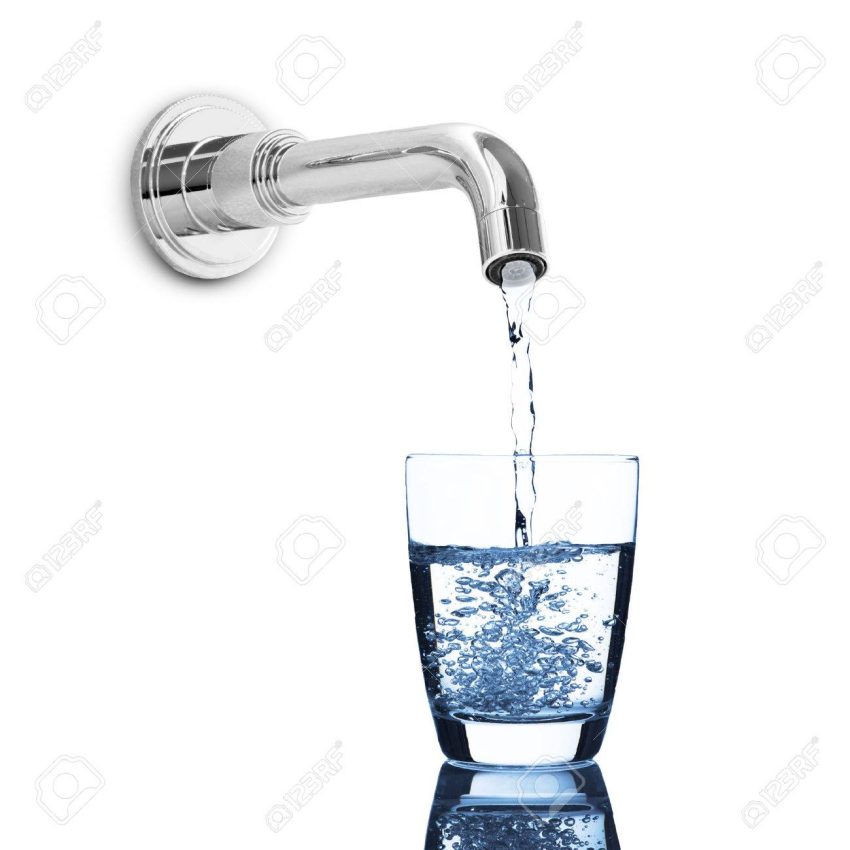In the realm of household plumbing, every component plays a significant role in maintaining the integrity of your home. One such unsung hero is the toilet shut-off valve, responsible for controlling the water supply to your toilet. While its function may seem straightforward, choosing the right shut-off valve for your home can make a difference in convenience, efficiency, and peace of mind. In this guide, we’ll dive into the factors to consider when selecting a toilet shut-off valve that aligns with your needs and ensures a smooth plumbing experience.
Understanding the Basics: Before delving into the selection process, let’s recap the fundamentals. The shut-off valve is a small but crucial fixture that stops the flow of water to your toilet. There are two primary types: the compression valve with a circular handle and the quarter-turn valve with a lever handle. Regardless of the type, the valve’s reliability and compatibility with your plumbing setup are essential.
Factors to Consider:
- Type of Valve:
- Compression Valve: If you prefer a traditional design, this might be your choice. It offers a familiar mechanism similar to a faucet, but it may require more rotations to shut off fully.
- Quarter-Turn Valve: For those who prioritize efficiency, the quarter-turn valve is a modern alternative. With just a 90-degree turn, you can quickly shut off the water supply.
- Material Quality: Opt for shut-off valves made from durable materials like brass or stainless steel. These materials are corrosion-resistant and ensure longevity, reducing the need for frequent replacements.
- Size and Compatibility: Ensure the valve is the correct size to fit your existing plumbing connections. A valve that’s too large or too small can lead to leaks or difficulties in installation.
- Ease of Operation: Consider who will be using the valve. If accessibility is a concern, a quarter-turn valve might be preferable due to its ease of use, especially for those with limited hand strength.
- Brand Reputation: Opt for reputable brands known for their quality and reliability. A reliable shut-off valve can save you from potential plumbing disasters down the line.
- Emergency Shut-Off: Choose a valve that can be operated easily and swiftly in emergencies. A valve that’s too stiff or complicated to turn defeats its purpose in urgent situations.
- Maintenance and Durability: Look for valves with features that facilitate maintenance, such as easy-to-clean surfaces and replaceable components. A valve that requires minimal maintenance can save you time and effort in the long run.
- Professional Advice: If you’re uncertain about the right shut-off valve for your plumbing system, consult a professional plumber. Their expertise can guide you in making an informed decision.
